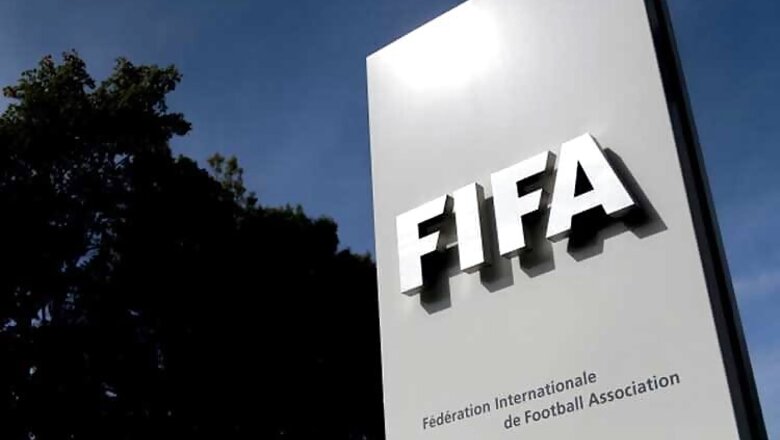
views
Buenos Aires: Within hours of the FIFA scandal breaking, Sergio Jadue, the president of Chile's soccer federation, was declaring his innocence even though he wasn't formally accused of anything.
Jadue was referring to a part of Wednesday's sweeping US Justice Department indictments that, without specifying them by name, said the 10 presidents of the South American Football Confederation were to receive bribes from a company called Datisa in exchange for transmission rights to games of the Copa America, the tournament of the continent's national teams.
Jadue said $1.5 million was indeed transferred in late 2013 from the confederation, known as CONMEBOL, but it was an advance on a contract for Copa America.
"I don't even have to be worried," Jadue told La Tercera newspaper from Switzerland, where he attended a FIFA meeting. "This won't affect at all the work of the federation or its president."
It's hard to imagine that anything will be business as usual when it comes to soccer here. The FIFA investigations are having a ripple effect across soccer-crazy South America, whose teams have won nine World Cups and where national squads are preparing for the continental tournament that starts in two weeks.
Governments of powerhouses Argentina and Brazil, which for years looked the other way amid rumblings of corruption at various levels of the "beautiful game," are launching investigations. And powerbrokers such as Paraguayan Nicolas Leoz, former president of CONMEBOL, are on the defensive. The 86-year-old defiantly declared his innocence from a hospital as Paraguay processes a US extradition request.
"We are looking at a game that has been mismanaged for so long, and so many were implicit," said Christopher Gaffney, author of "Temples of the Earthbound Gods," a look at the history of soccer in Argentina and Brazil. "Once you start pulling on the strings, the whole thing could start to unravel."
In Argentina, prosecutors have charged three men implicated in the scandal with tax fraud, racketeering and money laundering for their involvement.
The Federal Administration for Public Revenue charged Alejandro Burzaco, president of the sports marketing company Torneos y Competencias, and Mariano and Hugo Jinkis, owners of the sports media business Full Play. All were named Wednesday in a US indictment saying they bribed soccer officials in exchange for the rights to international tournaments.
The United States has requested their extradition. Both Jinkins were in Argentina, their lawyer Jorge Anzorreguy said, but had not turned themselves in. Burzaco's whereabouts were unknown.
Cabinet chief Anibal Fernandez said authorities would look closely at the companies to see if tax evasion went beyond the three men.
The scandal has quickly changed things in Argentine soccer. Before his death last year, Julio Grondona was seen as the right hand of FIFA president Joseph Blatter and head of the national football association.
Called the "monje negro," or "black monk," because of his reputation of making FIFA decisions behind the scenes, Grondona would surely have been under the microscope of US prosecutors. On Friday, Argentina voted against Blatter, who was re-elected easily.
"Beyond the initial commotion, every time you open a can of worms it means something positive for the future," said Mariano Berges, a former judge who helped form the Buenos Aires-based group "Let's Save Football."
Berges said that it would have been nearly impossible for such an investigation to begin in Argentina, where similar to many countries in the region, top politicians and businessmen are heavily involved in the sport.
"Coming from the United States, it's more acceptable," said Berges.
In Brazil, Justice Minister Jose Eduardo Cardozo said authorities were studying the indictments to see where or how Brazilian businessmen and soccer executives might have committed crimes.
Rio de Janeiro-based Klefer Sports Marketing company had to turn over documents related to its contract with the Brazilian soccer confederation for marketing rights to the domestic soccer championship. Klefer signed the contract together with Traffic, a Brazilian sports marketing company that American officials are investigating. Klefer has denied any wrongdoing.
In Rio de Janeiro, the Brazilian confederation ordered the removal of the name of Jose Maria Marin from its lavish building. The 83-year-old Marin was one of 14 senior sports officials and marketing executives charged in the FIFA investigation. He was arrested in Zurich.
On Thursday, the Brazilian Senate approved the request made by former soccer star and now Senator Romario for a congressional panel to investigate corruption in soccer.
In Uruguay, newspapers were filled with accounts claiming corrupt dealings by former CONMEBOL president Eugenio Figueredo. He was already being investigated in Uruguay for irregularities during his long tenure as CONMEBOL vice president.
In a continent where many are often skeptical of US involvement in local affairs, governments appeared eager to work with American investigators.
Although no Colombian national was named in the indictments, the country's attorney general said investigators would review the international financial transactions of top soccer officials.
If irregularities are found, Colombia "would be very interested in going forward with an investigation that fits within the macro investigation of the United States and Switzerland," said Attorney General Eduardo Montealegre.










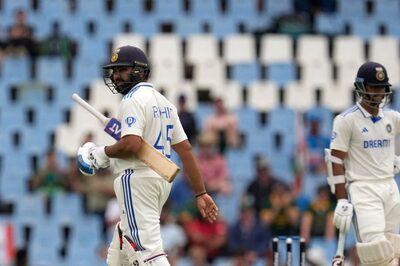

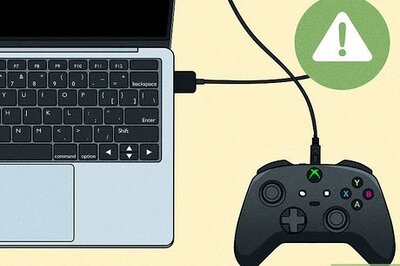
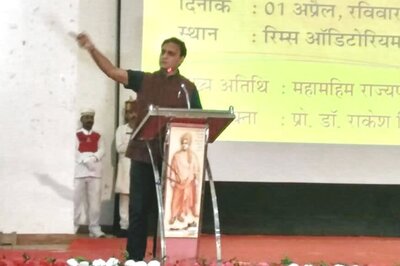
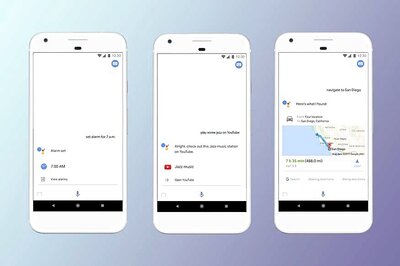

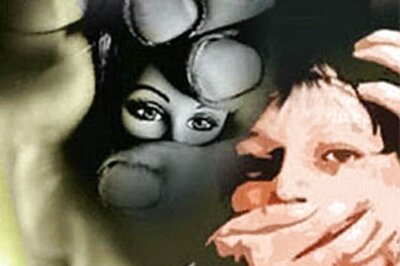
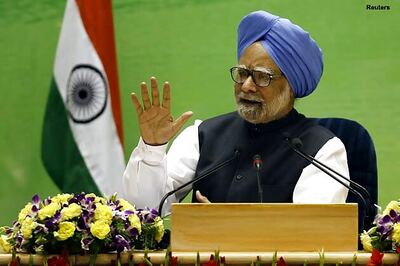


Comments
0 comment